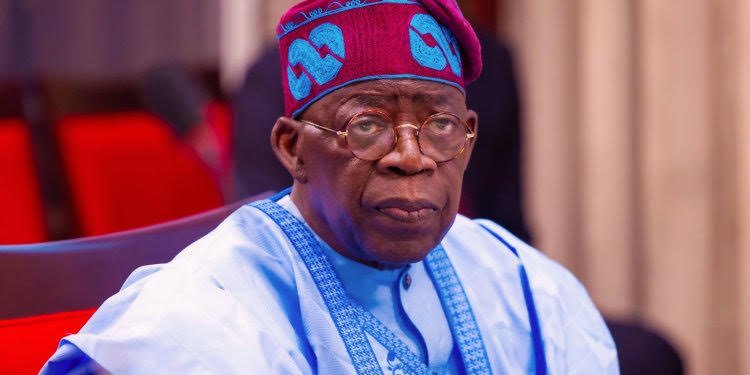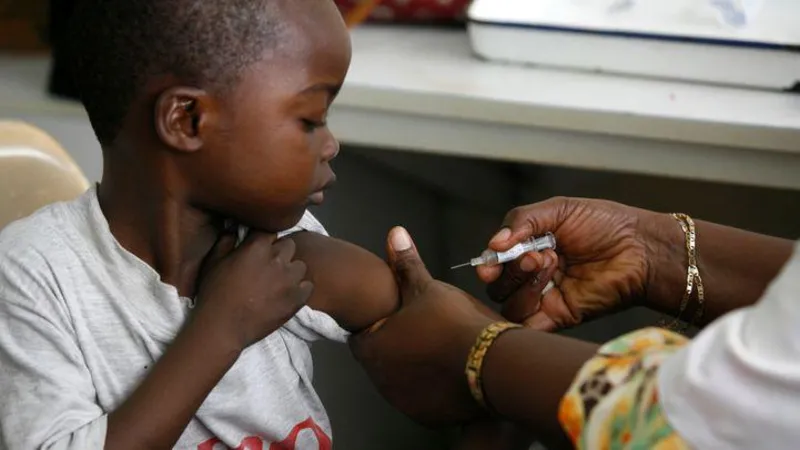Hussaini Kafi in Kano
As President Bola Ahmed Tinubu’s administration marks two years in office, residents of Kano State have expressed growing concerns over worsening economic conditions, rising insecurity across the North, and the controversial relocation of key federal agencies from Abuja to Lagos.
A cross section of the Kano residents interviewed by the Africa Health Report (AHR) correspondent expressed their predicament, lamenting that the economic reforms introduced by the Tinubu administration—particularly the fuel subsidy removal and naira devaluation—have brought more hardship than relief. Many said the rising cost of food, transportation, and basic services has severely affected their quality of life, with some describing the situation as the worst they’ve experienced in years.
According to the report, a majority of low-income households in Kano say they have been forced to reduce daily meals, delay financial obligations, and give up plans to expand their businesses due to inflation.
Hajiya Lami Musa, a local food vendor interviewed by AHR, said her business has suffered due to increased operating costs and declining customer purchasing power.
“Before the subsidy was removed, I could buy cooking oil, firewood, and rice and still make profit. Now, everything has tripled. People are no longer eating full meals. Even those who buy from me complain,” she told AHR’s team.
She added that with the high cost of transport, many of her customers—mainly petty traders and daily wage earners—now walk long distances just to save fare, often arriving late and exhausted.
Beyond inflation, residents pointed to the escalating security challenges across northern Nigeria as a key source of frustration. Several interviewees told AHR that despite repeated government assurances, bandit attacks, kidnappings, and killings have continued to displace communities and create fear, particularly in parts of Katsina, Zamfara, Niger, and Kaduna states.
Bashir Abubakar, a 29-year-old graduate from Fagge LGA, noted that many families in Kano have relatives who have fled rural villages due to violent attacks.
“People are not safe in their homes anymore. Just last month, my cousin and his family left Jibia (in Katsina) because bandits took over their community. What is the government really doing about it?” he asked.
Abubakar also criticized the Federal Government’s decision to relocate major national institutions like the Central Bank of Nigeria (CBN) and Nigerian National Petroleum Company Limited (NNPCL) from Abuja to Lagos.
“Are we not part of Nigeria? Why should the economic heart of the country be concentrated in one region? It sends a bad message, like the North doesn’t matter,” he said.
While some older citizens interviewed by AHR expressed cautious optimism that reforms may eventually yield results, they also warned that continued marginalization of northern interests could deepen disaffection.
Alhaji Danlami Idris, a 63-year-old retired civil servant, described the relocation of federal agencies as “a dangerous political move” that could divide the country further.
“It’s not about Lagos or Abuja; it’s about balance. This government needs to understand that perception matters. The North is watching, and people feel sidelined,” he said.
He also lamented that his pension barely covers basic needs, and that he now depends on support from his children to survive. “We were told to endure, but endurance has a limit. People are tired,” he added.


